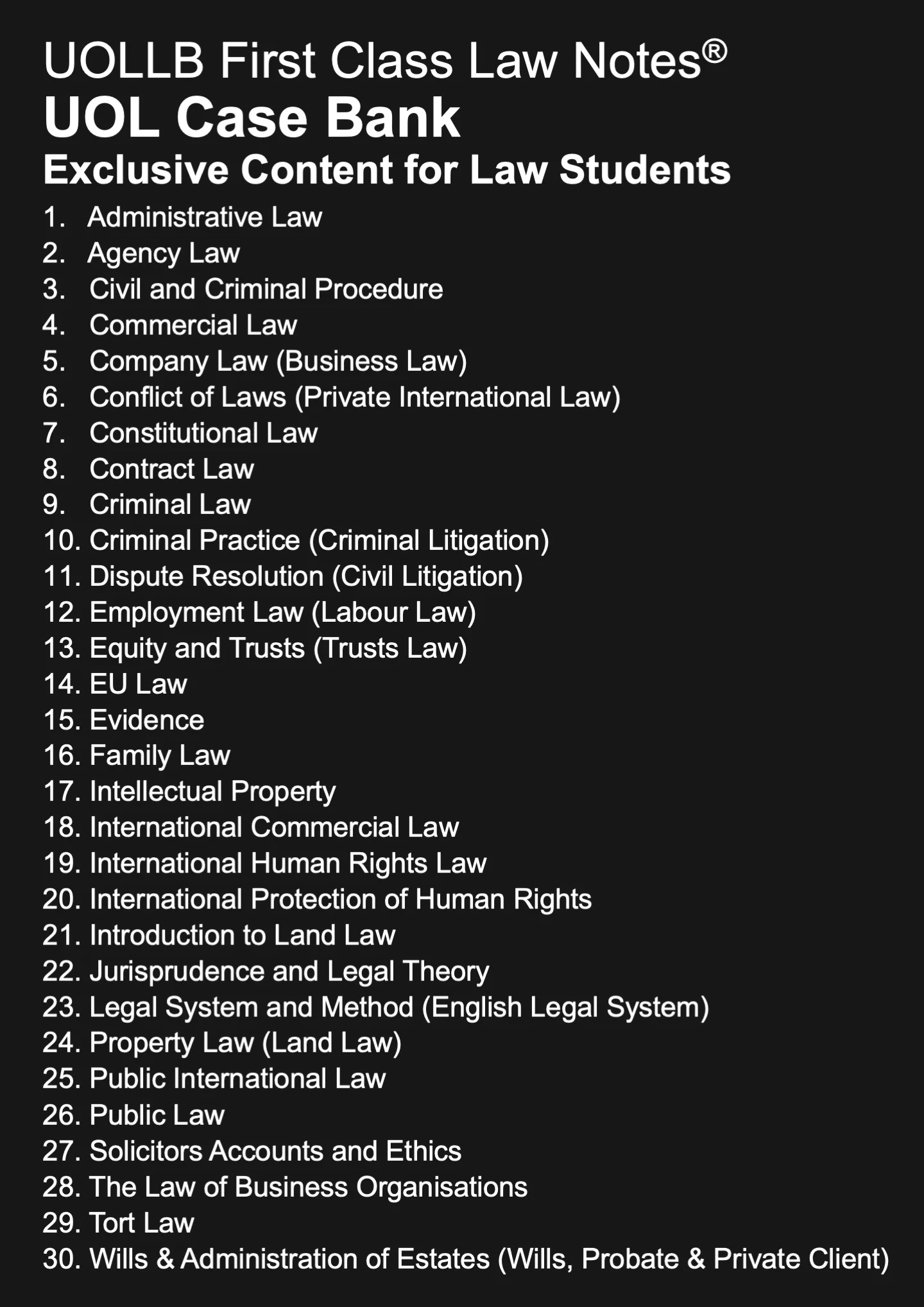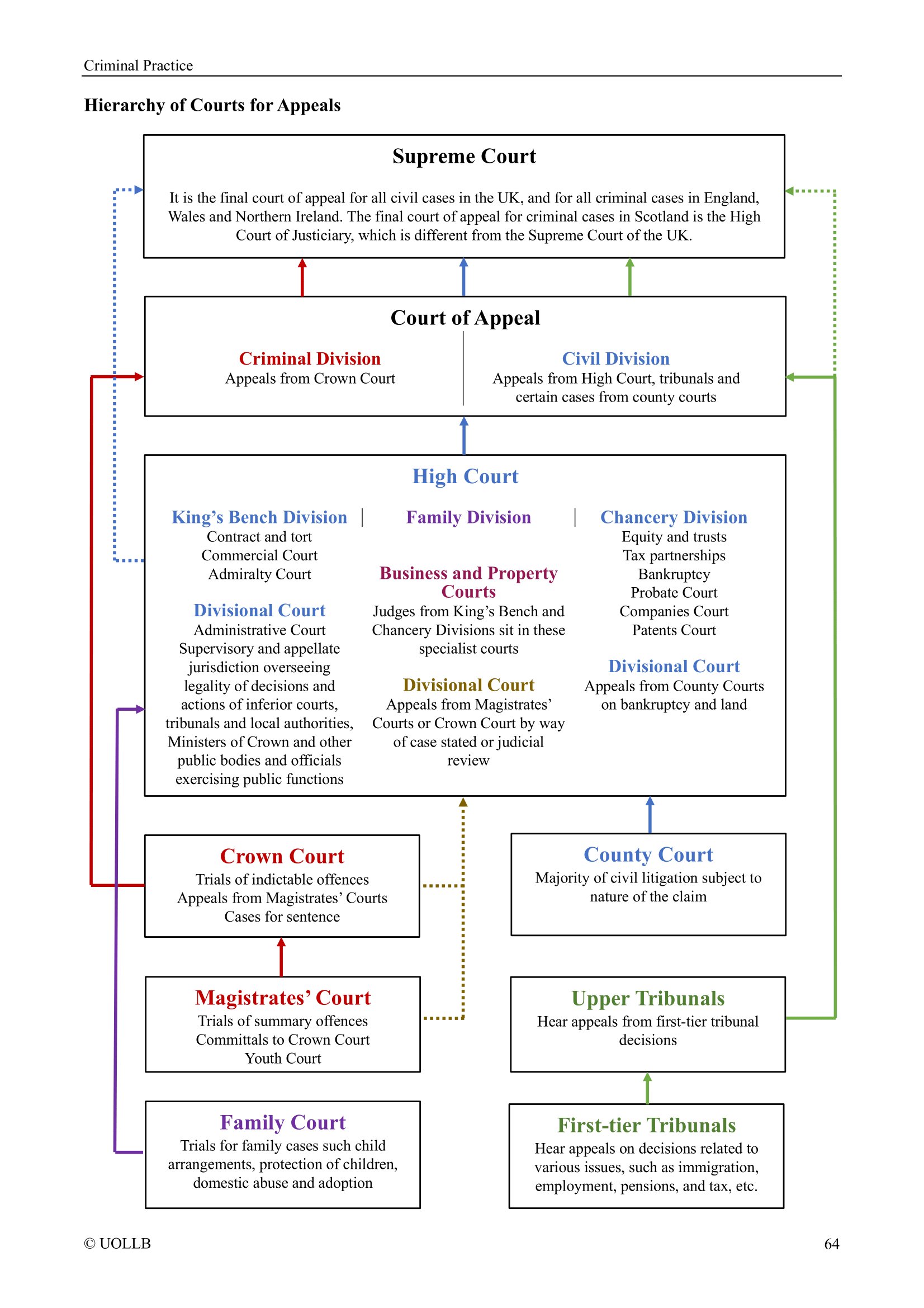European Union (Withdrawal) Act of 2018
Share
The European Union (Withdrawal) Act of 2018, commonly known as the Withdrawal Act, is a significant piece of legislation in the United Kingdom that was enacted to manage the country's departure from the European Union (EU). The Act received Royal Assent on June 26, 2018, and it played a crucial role in shaping the legal framework for Brexit.
Repeal of the European Communities Act 1972: The Act repealed the European Communities Act 1972, which initially took the UK into the European Economic Community (EEC). This repeal came into effect on the day the UK officially left the EU, which was January 31, 2020.
Conversion of EU law into UK law: The Act aimed to convert existing EU law into UK law to ensure continuity and legal stability after Brexit. This process involved transposing EU regulations and directives into UK law, making them part of domestic legislation.
Creation of retained EU law: The Act established the concept of retained EU law, referring to EU-derived legislation that became part of UK law after Brexit. This includes regulations, directives, and other legal instruments that were previously applicable in the UK under EU membership.
Powers for ministers: The Act granted ministers the authority to make statutory instruments (secondary legislation) to address any deficiencies arising from the withdrawal of the UK from the EU. This power was intended to ensure that the UK's legal system could function effectively post-Brexit.
Role of the devolved administrations: The Act outlined the distribution of powers between the UK government and the devolved administrations in Scotland, Wales, and Northern Ireland. It specified areas where the devolved administrations would gain control and where powers would be reserved to the UK government.
Transition period: The Withdrawal Act provided for a transition period, during which the UK continued to follow EU rules while negotiating its future relationship with the EU. The transition period lasted until December 31, 2020.
The political and legal landscape surrounding Brexit has evolved since the enactment of the European Union (Withdrawal) Act in 2018, and subsequent agreements and developments have further shaped the relationship between the UK and the EU. Essential amendments and subsequent legislation are as follows:
European Union (Withdrawal Agreement) Act 2020: This Act facilitated the ratification of the withdrawal agreement reached between the UK and the EU.
Internal Market Act 2020: This Act addressed issues related to the functioning of the internal market within the UK and devolved administrations after the end of the transition period.
European Union (Future Relationship) Act 2020: This Act implemented the future relationship agreement between the UK and the EU, governing their relationship after the transition period.
Retained EU Law (Revocation and Reform) Act 2023: This Act revoked certain laws that implemented European Union (EU) law in the UK.
The European Union (Withdrawal Agreement) Act 2018, along with subsequent legislation, played a crucial role in shaping the legal framework for the UK's departure from the EU and the establishment of its post-Brexit relationship with the European Union.
Repeal of the European Communities Act 1972: The Act repealed the European Communities Act 1972, which initially took the UK into the European Economic Community (EEC). This repeal came into effect on the day the UK officially left the EU, which was January 31, 2020.
Conversion of EU law into UK law: The Act aimed to convert existing EU law into UK law to ensure continuity and legal stability after Brexit. This process involved transposing EU regulations and directives into UK law, making them part of domestic legislation.
Creation of retained EU law: The Act established the concept of retained EU law, referring to EU-derived legislation that became part of UK law after Brexit. This includes regulations, directives, and other legal instruments that were previously applicable in the UK under EU membership.
Powers for ministers: The Act granted ministers the authority to make statutory instruments (secondary legislation) to address any deficiencies arising from the withdrawal of the UK from the EU. This power was intended to ensure that the UK's legal system could function effectively post-Brexit.
Role of the devolved administrations: The Act outlined the distribution of powers between the UK government and the devolved administrations in Scotland, Wales, and Northern Ireland. It specified areas where the devolved administrations would gain control and where powers would be reserved to the UK government.
Transition period: The Withdrawal Act provided for a transition period, during which the UK continued to follow EU rules while negotiating its future relationship with the EU. The transition period lasted until December 31, 2020.
The political and legal landscape surrounding Brexit has evolved since the enactment of the European Union (Withdrawal) Act in 2018, and subsequent agreements and developments have further shaped the relationship between the UK and the EU. Essential amendments and subsequent legislation are as follows:
European Union (Withdrawal Agreement) Act 2020: This Act facilitated the ratification of the withdrawal agreement reached between the UK and the EU.
Internal Market Act 2020: This Act addressed issues related to the functioning of the internal market within the UK and devolved administrations after the end of the transition period.
European Union (Future Relationship) Act 2020: This Act implemented the future relationship agreement between the UK and the EU, governing their relationship after the transition period.
Retained EU Law (Revocation and Reform) Act 2023: This Act revoked certain laws that implemented European Union (EU) law in the UK.
The European Union (Withdrawal Agreement) Act 2018, along with subsequent legislation, played a crucial role in shaping the legal framework for the UK's departure from the EU and the establishment of its post-Brexit relationship with the European Union.























































